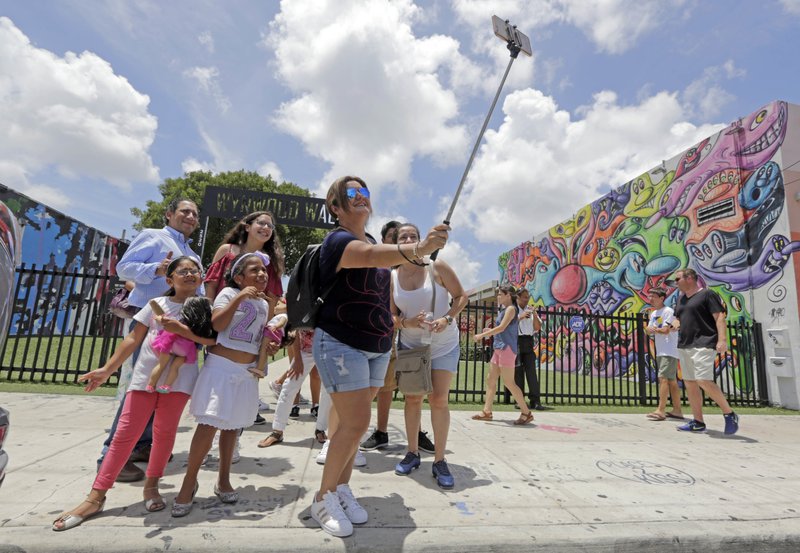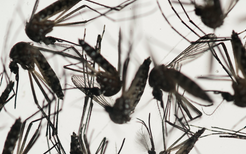NEW YORK -- With government officials now warning pregnant women to avoid Miami Beach in addition to Puerto Rico, some sun-seekers are desperately scrambling for a Zika-free vacation.
And that has left other tourist destinations to capitalize -- quietly.
Travel experts say families worried about Zika are now looking to Arizona and Southern California to get some sun, along with cooler-weather locales such as New England and Canada.
The Zika virus is transmitted by mosquitoes or through sex with an infected person. In pregnant women, a Zika infection can cause severe birth defects, including microcephaly, where babies are born with a dangerously small head. In others, it can lead to Guillain-Barre, which can cause temporary paralysis and in rare instances, death. That was the case earlier this month of a man who died in Puerto Rico after being infected.
Given that background, many would-be vacationers don't want to take the risk.
Jen LeFante and her husband, Chris, are expecting their first child in March. The New Jersey couple had wanted to escape to Puerto Rico or the Florida Keys for some relaxation before the baby arrives.
"But it seems like every travel destination we picked is on the Zika list," she said.
Instead, they are doing a number of smaller, driving trips including ones to upstate New York and Vermont.
"I'd much rather be on a beach," LeFante said.
Bermuda has seen several groups move meetings and conventions there from Caribbean islands, said Glenn Jones, director of public and stakeholder relations at the Bermuda Tourism Authority.
"That's been a welcome and unexpected boost to our business this summer," Jones says.
However, the island nation, off the coast of the Carolinas, has been careful about how it handles the situation. Educating tourists who ask about the absence of Zika is fine, but don't expect a marketing campaign around it.
"There is a delicate balance there," Jones said. "We don't proactively seek to capitalize on this."
Such travel shifts worry tourism officials in destinations with Zika.
Miami is the first spot on the U.S. mainland where the virus has been transmitted by mosquito bites. The tourism industry has a lot at risk. More than 15.5 million people made overnight visits to Miami and nearby beaches in 2015, with an impact of $24.4 billion on the local economy, according to figures from the Greater Miami Convention and Visitors Bureau.
Some of that business is likely to go elsewhere.
Visitors' bureaus in some other destinations either said they didn't have proof of a Zika connection to their growth or were hesitant to speak about the bump, fearing that they might be perceived as gloating in somebody else's misery. But clues to the shift have surfaced, including in regulatory filings of publicly traded companies.
James Murren, CEO of MGM Resorts International, said on a recent earnings call that Las Vegas was benefiting as vacationers book away from Florida.
"As sad as that situation is in Florida, I certainly don't want to benefit from it as a result of that, but I can say that we're seeing a pickup in air traffic and in driving traffic even in the last couple of months," Murren said on Aug. 4.
A Section on 08/24/2016

